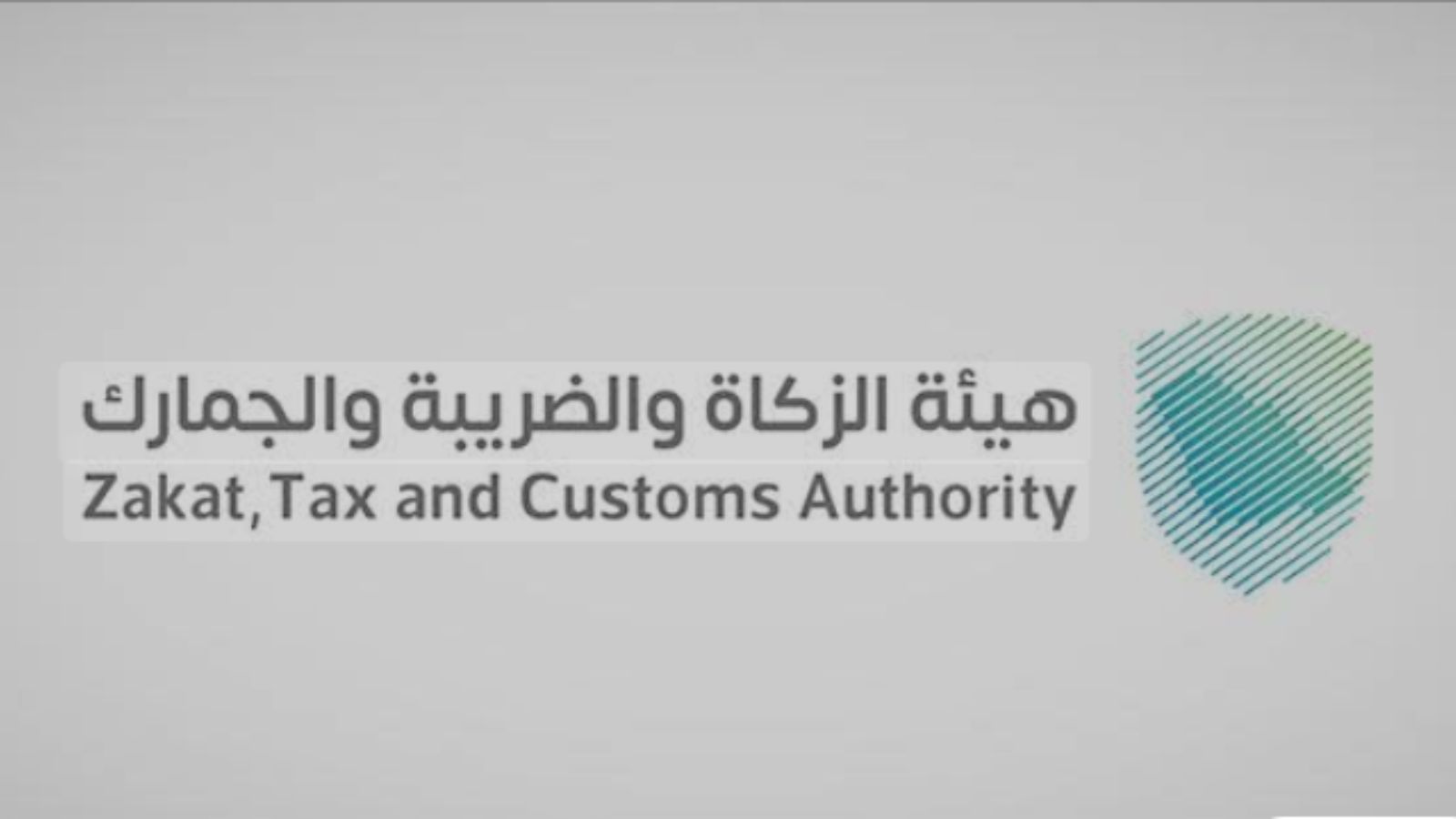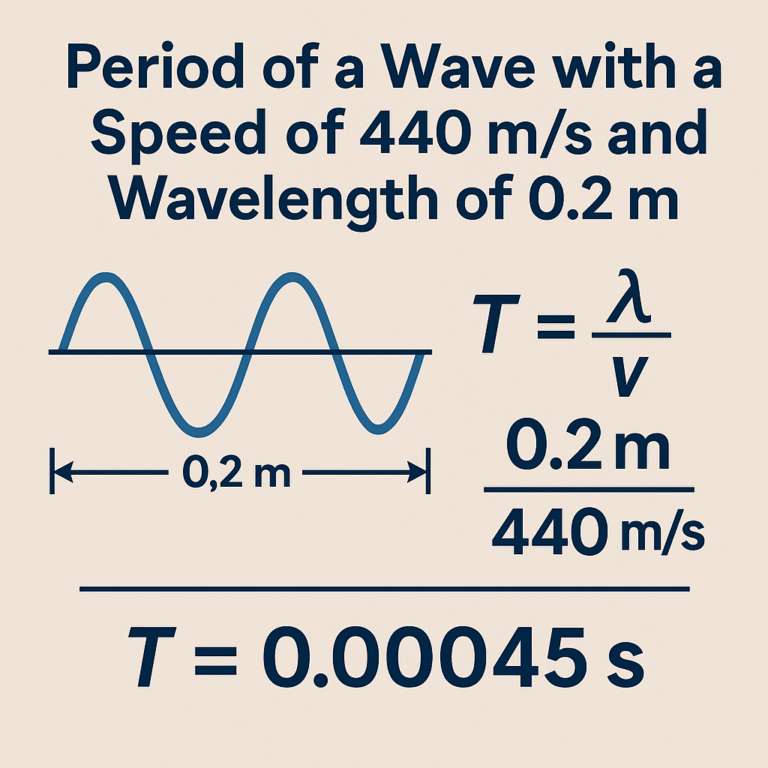Zakat, Tax, and Customs Authority: What You Need to Know
Let’s kick off with a simple truth. Taxes can feel heavy. Customs rules sound complicated. Zakat, though deeply meaningful, can also leave you wondering how much and when.
That’s where the Zakat, Tax, and Customs Authority (ZATCA) in Saudi Arabia steps in. Think of it as the referee keeping the game fair plus the guide showing you the right path.
What is ZATCA?
ZATCA stands for the Zakat, Tax, and Customs Authority. It’s the official body that manages three big things—Zakat, taxes, and customs in Saudi Arabia.
So, if you run a business, import goods, or need to pay Zakat, you’ll cross paths with ZATCA. They make sure rules are clear. They collect dues. They also keep trade smooth at borders.
It’s like having one stop for three different but connected responsibilities.
Maximize the impact of your charity. Use our Riyadh Khaleej Zakat Calculator for accurate guidance.
A Quick Look Back
Before ZATCA, things were scattered. Different departments handled Zakat, taxes, and customs separately. That meant extra steps for people.
In 2021, the government merged them into one authority. A smart move. One door instead of three.
It reminds me of when my family decided to keep car keys, house keys, and spare change in one drawer. Suddenly, no more frantic searching.
Zakat Made Simple
Let’s start with Zakat. Zakat is a form of almsgiving in Islam. It’s one of the Five Pillars of the faith. Muslims who meet the minimum wealth level, known as Nisab, are required to give a portion—usually 2.5%—to help those in need.
ZATCA steps in to make this process smoother for businesses. They calculate, guide, and ensure companies meet their religious plus legal obligations.
It’s not just about payment. It’s about responsibility, clarity, and trust.
Taxes You Should Know
Now let’s talk taxes. Saudi Arabia applies different types of taxes, and ZATCA manages them all.
- Value Added Tax (VAT): Applied at 15% on most goods and services.
- Corporate Tax: Charged on foreign-owned businesses at 20%.
- Excise Tax: Added on products like tobacco and sugary drinks.
ZATCA also oversees tax returns and audits. Their job is to make sure everyone contributes fairly.
You might not cheer while filing taxes. But you’ll appreciate smoother roads, hospitals, and services that taxes fund.
Customs Duties in Action
Customs is where the Authority plays border guard. Importers and exporters follow set tariffs, safety checks, and compliance rules.
ZATCA ensures that harmful or counterfeit goods stay out. They also help trade flow quickly by using smart digital systems.
Picture an airport security gate, but for trade. Your goods are checked, cleared, and then given the green light.
Why It Matters to You
So why should you care about ZATCA?
If you’re an individual, it matters because:
- You might pay VAT every time you shop.
- Zakat helps support those less fortunate.
- Customs ensures products you buy meet safety rules.
If you’re a business, it matters even more:
- You need to register for VAT.
- You must declare Zakat annually.
- Import or export? Then customs rules are your daily bread.
Ignoring these responsibilities can lead to fines. Staying informed saves money plus stress.
Digital Transformation
Here’s where things get exciting. ZATCA has gone digital.
From e-invoicing to online filing, they’ve embraced technology. Businesses now issue electronic invoices that are tracked in real time. Customs clearance happens through digital portals. Even Zakat declarations can be made online.
I once helped a friend file his VAT return using the ZATCA portal. It took less than an hour. No papers. No endless queues. Just a few clicks.
The Human Side of ZATCA
It’s easy to think of authorities as faceless machines. But behind ZATCA are real people. Inspectors, clerks, analysts, and tech teams all keep the wheels turning.
They also run awareness campaigns. They publish guides. They even answer questions through helplines and digital chats.
That human touch matters when rules feel overwhelming.
Common Questions
Do I need to pay Zakat if I run a business?
Yes. If your business meets the Nisab threshold, you’re required to pay Zakat.
How do I register for VAT?
Through the ZATCA online portal. The process is straightforward and explained step by step.
What happens if I don’t comply?
Penalties vary. You could face fines or restrictions. It’s always better to stay ahead.
Can I calculate Zakat online?
Yes. ZATCA offers online calculators to help you figure it out.
Tips to Stay on Track
- Keep accurate financial records.
- Register on the ZATCA portal early.
- Use e-invoicing tools if you run a business.
- Check customs tariffs before importing goods.
- Ask questions. ZATCA has support teams ready to help.
These small steps prevent bigger headaches later.
Looking Ahead
ZATCA continues to modernize. They’re investing in artificial intelligence and blockchain to fight tax evasion plus speed up trade. They’re also working with global organizations to keep Saudi Arabia aligned with international best practices.
So expect smoother processes in the future. Less paperwork. More digital convenience.
My Take
I remember the first time I saw an e-invoice from a local shop. It felt futuristic. But then I realized—it’s not just about receipts. It’s about creating a system that’s transparent and fair.
That’s the bigger picture with ZATCA. It’s about building trust between people, businesses, and the state.
Wrapping Up
The Zakat, Tax, and Customs Authority is more than a regulator. It’s a guide, a safeguard, and a partner.
From ensuring fair tax collection to supporting trade and guiding Zakat obligations, ZATCA plays a central role in daily life.
So whether you’re shopping at the mall, filing VAT as a business owner, or giving Zakat with purpose, remember the authority that keeps it all running smoothly.
Take a little time to learn the basics. Keep records clean. Use the tools they offer.







